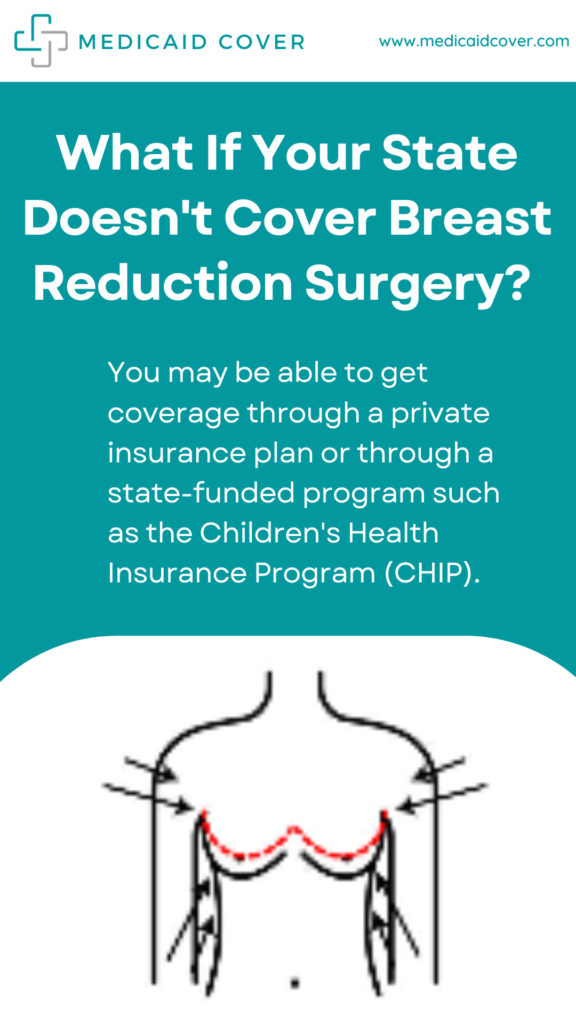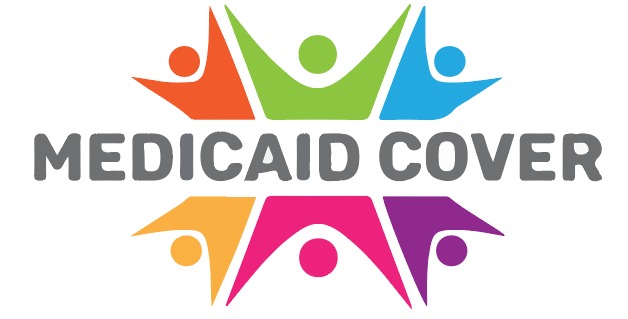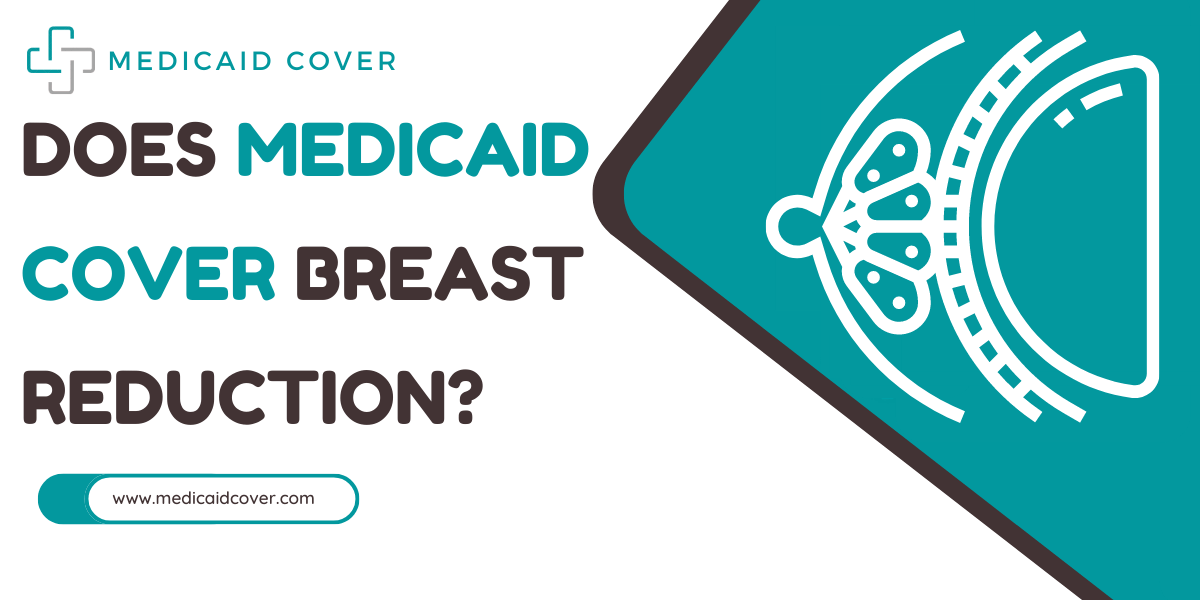Let’s check “Does Medicaid Cover Breast Reduction?” If you’re like most people, you have at least a passing interest in health insurance.
But unless you’ve actually had to deal with it, chances are good that you don’t know too much about it.
So let’s start with the basics: Medicaid is a government-funded health insurance program that helps low-income Americans pay for medical care.
Millions of people rely on Medicaid for their healthcare needs, and the program has come under fire in recent years for its high costs and complex regulations.
So does Medicaid cover breast reduction? Let’s take a look.
Read Also: Does Medicaid Cover Pregnant Women?
Does Medicaid cover prescriptions?
What Is Breast Reduction Surgery?
Breast reduction surgery, also known as reduction mammaplasty, is a procedure that removes excess fat, tissue, and skin from the breasts.
This type of surgery is usually performed to alleviate pain or discomfort caused by large breasts.
It may also be done to improve the appearance of the breasts or to achieve better symmetry.
In some cases, breast reduction surgery may be considered medically necessary and therefore covered by Medicaid.
In order for this to be the case, your doctor must provide documentation showing that the surgery is medically necessary.
This documentation should include information about your medical history, symptoms, and any other relevant information.
How Will You Know If You Need Breast Reduction Surgery?
If you are considering breast reduction surgery, it is important to consult with a board-certified plastic surgeon to discuss your goals and expectations for the surgery.
During your consultation, your surgeon will examine your breasts and ask questions about your medical history.
They will also likely ask you to describe any symptoms you are experiencing due to large breasts.
Based on this information, they will determine if you are a good candidate for breast reduction surgery.
How Often Does Medicaid Cover Breast Reduction Surgery?
Medicaid coverage for breast reduction surgery varies from state to state.
In some states, Medicaid will only cover the procedure if it is considered medically necessary.
This means that your doctor will need to provide documentation showing that the surgery is necessary for your health and well-being.
In other states, Medicaid will only cover breast reduction surgery if it is considered medically necessary AND if you meet certain criteria.
These criteria may include being 18 years of age or older, having a body mass index (BMI) of 30 or higher, and having tried alternate methods of treatment (such as medication or physical therapy) without success.
To find out if your state covers breast reduction surgery under Medicaid, contact your state’s Medicaid office or visit the Medicaid website.
What If Your State Doesn’t Cover Breast Reduction Surgery?
If your state does not cover breast reduction surgery under Medicaid, there are still options available to you.

You may be able to get coverage through a private insurance plan or through a state-funded program such as the Children’s Health Insurance Program (CHIP).
You can also pay for the procedure out-of-pocket.
Does Medicaid Cover Breast Reduction Surgery?
As we mentioned before, each state has different coverage when it comes to Medicaid, so it’s important to check with your specific state’s Medicaid office to see if they cover breast reduction surgery.
However, in general, most states will only cover the surgery if it is considered medically necessary.
There are a few things that your doctor will take into consideration when determining whether or not your case meets this criteria.
First, they will look at your health history to see if you have any pre-existing conditions that could complicate the surgery or make it more risky for you.
They will also consider whether or not you have tried other methods of relief, such as medication or physical therapy, and if those methods were unsuccessful.
Finally, they will evaluate how large your breasts are in relation to your body and whether or not they are causing you pain or impacting your quality of life.
If you think you may be a candidate for breast reduction surgery and your state’s Medicaid program covers it, we encourage you to speak with your doctor about it.
They can help you determine if you meet the criteria for medically necessary procedures and help you get started on the path towards relief.
Eligibility For Breast Reduction Coverage
Each state has different eligibility requirements for Medicaid coverage, so it’s important to check with your state’s Medicaid office to see if breast reduction surgery is covered in your state.
In general, most states require that patients meet certain medical criteria in order to qualify for coverage of breast reduction surgery.
Some of the factors that may be considered when determining eligibility for Medicaid coverage of breast reduction surgery include:
- The amount of excess tissue to be removed.
- The severity of symptoms caused by large breasts, such as back pain or difficulty breathing.
- Whether the patient has tried other methods of treatment, such as weight loss or physical therapy, and whether those methods have been unsuccessful.
- The patient’s overall health and medical history.
- The expected result of the surgery.
- Whether the patient is willing to participate in post-operative appointments and follow-up care.
In some cases, patients may be required to obtain prior approval from their state’s Medicaid office before having breast reduction surgery.
The approval process usually involves completing an application and providing documentation from your doctor about your medical condition and why you believe breast reduction surgery is necessary.
Exceptions For Medicaid To Cover A Breast Reduction
In general, Medicaid will cover breast reduction surgery if it is deemed medically necessary.
This means that your doctor must determine that the surgery is necessary for your physical or mental health and that there are no other less invasive options available.
There are some exceptions to this rule, however.
For instance, Medicaid will not cover the cost of breast reduction surgery if it is being performed for cosmetic reasons only.
Additionally, if you are pregnant or nursing at the time of your scheduled surgery, Medicaid will likely not cover the cost as well.
There are a few options available to help you pay for your breast reduction surgery, even if Medicaid won’t cover it.
Many surgeons offer financing options, which can help make the cost more manageable.
Additionally, some private insurance plans will cover breast reduction surgery if it is deemed medically necessary.
How Much Does Medicaid Usually Pay For Breast Reduction Surgery?
Medicaid varies from state to state, so it’s important to check with your specific state’s Medicaid office to see what coverage is available for breast reduction surgery.
In general, however, Medicaid does cover some breast reduction surgeries.
As with any type of surgery, there will likely be some out-of-pocket costs associated with the procedure, such as a deductible, co-pay, or coinsurance.
What Is The Average Cost Of Breast Reduction Surgery?
The average cost of breast reduction surgery is $5,500, but this will vary depending on the surgeon you use, the type of procedure you have, and whether you have any complications.
If you have insurance, it will likely cover some of the costs associated with the surgery.
However, you will still be responsible for paying your deductible, co-pay, or coinsurance.
What Are The Risks And Benefits Associated With Medicaid-funded Breast Reduction Surgery?
-
Risks Of Breast Reduction Surgery
As with any surgery, there are risks associated with breast reduction surgery.
These include infection, bleeding, scarring, and anesthesia complications.
There is also a small risk of losing sensation in the nipples or breasts.
Although the risks are relatively low, it’s important to be aware of them before making a decision about surgery.
Be sure to talk to your doctor about the risks and whether they’re acceptable to you.
-
Benefits Of Breast Reduction Surgery
There are many benefits associated with breast reduction surgery.
These include improved self-esteem, less back and neck pain, improved ability to participate in physical activity, and improved ability to find clothing that fits well.
In addition, breast reduction surgery can help improve your overall health by reducing the risk of skin infections and making it easier to breathe and sleep comfortably.
Frequently Asked Questions
What services does Medicaid cover?
Medicaid covers a wide range of services, including :-
- Doctor visits
- Hospital stays
- Prenatal and postnatal care
- Immunizations
- Prescription drugs
- Rehabilitation services
- Long-term care
- Mental health services
- Substance abuse treatment
How much does breast reduction surgery cost with Medicaid?
The cost of breast reduction surgery with Medicaid will vary depending on the specific procedure that is performed and the hospital or clinic where you have the surgery.
In general, Medicaid will cover some of the cost of the surgery, but you may be responsible for paying a portion of the cost yourself.
Is Medicaid available in all states?
Yes, Medicaid is available in all states.
However, each state has its own eligibility requirements and coverage levels.
So, you’ll need to check with your state’s Medicaid office to see if you qualify.
How long does it take to recover from breast reduction surgery?
Most people report excellent results after surgery and are very pleased with their new, smaller breast size.
Recovery times vary from person to person, but are typically pretty short.
Most people take about two weeks before feeling back to their normal selves.
It is important to follow your surgeon’s post-operative instructions to ensure a smooth and speedy recovery.
How can someone apply for Medicaid coverage?
To apply for Medicaid coverage, an individual must fill out a Medicaid application and submit it to their state’s Medicaid office.
The individual must meet the program’s eligibility requirements, which vary by state.
In some states, Medicaid coverage is available to low-income adults regardless of whether they have children.
In other states, Medicaid is only available to low-income adults if they have dependent children.
Conclusion :-
If you’re considering breast reduction surgery and you have Medicaid coverage, there’s a good chance that your procedure will be covered.
However, it’s always best to check with your state’s Medicaid office to be sure.
In most cases, Medicaid covers all medically necessary surgeries—and breast reduction surgery typically falls into this category.
There are a few exceptions, however, such as when the surgery is considered cosmetic or when there are state-specific limits on what Medicaid will pay for the procedure.
But in general, you can rest assured knowing that your Medicaid coverage will likely help cover the cost of breast reduction surgery.

